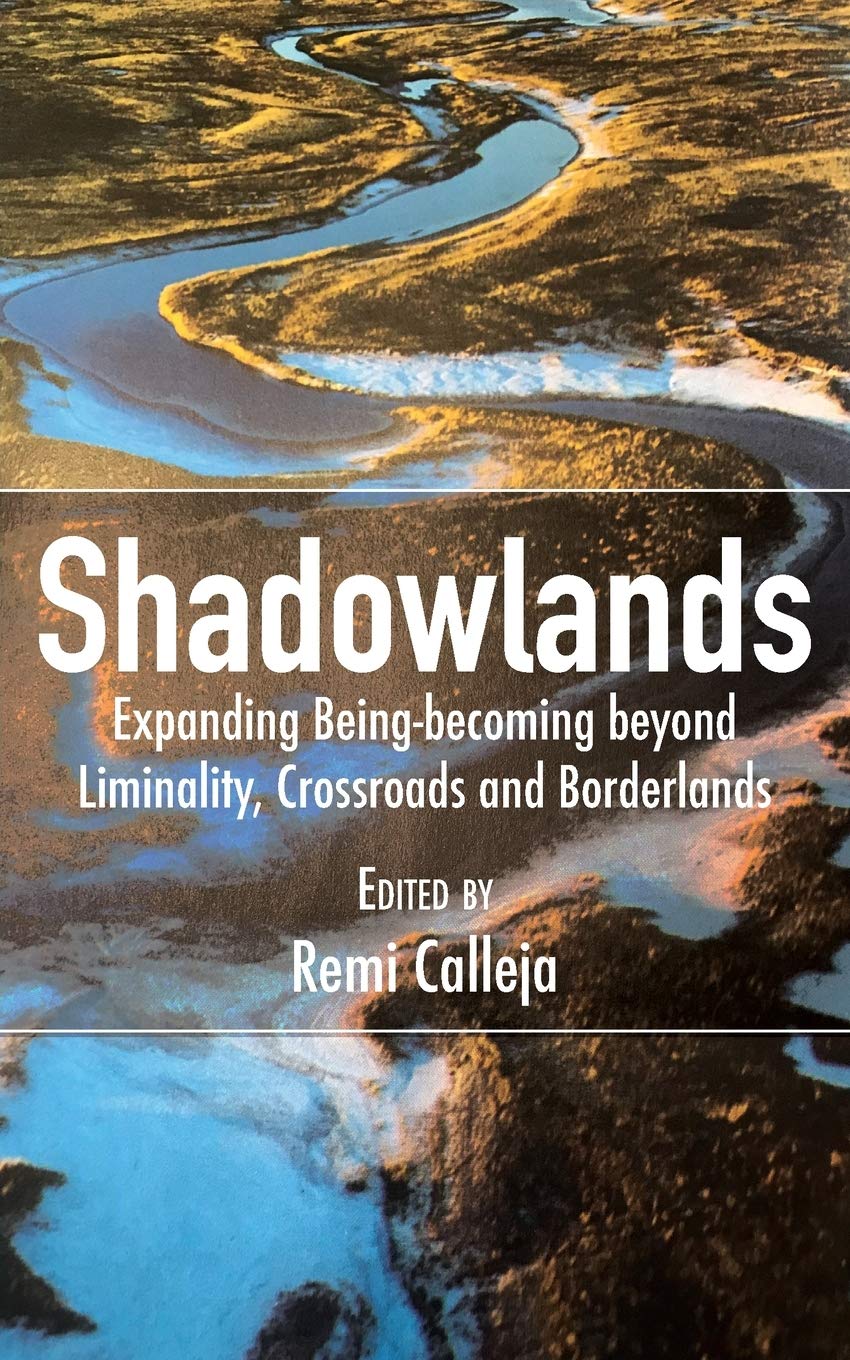Publisher: Langaa RPCIG, Cameroon
Pages: 182
Year: 2020
Category: Anthropology, Social Sciences
Dimensions: 203 x 127mm
Expanding Being-becoming beyond Liminality, Crossroads and Borderlands
This book aims to expand on the notion of being, becoming, and
being-becoming that manifests across the literature of liminality,
crossroads and borderlands. Looking to overcome the limitations of these
grounding concepts, the metaphor of the shadowlands is proposed. Moving
away from dualities and binaries, challenging the spatial metaphors,
which imply clear and defined boundaries and spring from an objective
construction of ‘reality’, and coping with the idea of incompleteness,
unfinishedness, are the challenges of the shadowlands. Through the prism
of this newly conceptualised analytical and epistemological tool, the
authors intend to grasp a fresh understanding of the processes of being,
becoming and being-becoming in both their singular and multiple
manifestations. As an epistemological concept, the shadowlands imply
that anthropologists must not only identify these uncanny spaces of
junction in their research, but also shadowlands in the ethnographic
papers that they produce. In addition to a better understanding of the
continuous fabrication of temporalities and being-becoming, the concept
puts into perspective the discipline of anthropology itself. Throughout
the chapters, the different authors permit to grasp the various
applications of the shadowlands, allowing to project the concept in
particular contexts and through specific angles of analysis.
£36.00
About the author
Remi Calleja, an anthropology researcher at UCT, centred his Master
research on the process of identity negotiation among a group of
Capetonian Bush Doctors. After completing his undergraduate in
anthropology at University Aix-Marseille, France, he was able to narrow
down his centres of interest which encompass the fields of identity
negotiation and formation, Indigenous knowledge, as well as traditional
medicine and spiritualities.
Review
“The
anthropological endeavour, at least on one reading, is an attempt to be
attentive both to the unfolding of everyday life and to the
translational practices that enable legibility across difference. How,
in a world that traffics in mobilities, boundaries and differences, can
we grapple with ideas and concepts whose theoretical genealogies are
entangled with histories of Empire and which continue to live in
everyday world-making practices and the disciplinary knowledges that
seek to understand them? How might our concepts better honour the
diverse world-making practices we come to know? The authors of this
collection address an overreliance in Anthropology on concepts that
reify and fix complex phenomena. They offer us a concept of
‘shadowlands’ to describe those shifting spaces that lie beyond, just
out of reach of, the concrete facts of dispossessions and erasures of
historical and contemporary global modernities, and to think beyond the
lexicons of Euromodern concepts and the ideas they constellate.”
Fiona Ross, Professor of Anthropology, University of Cape Town, South Africa
